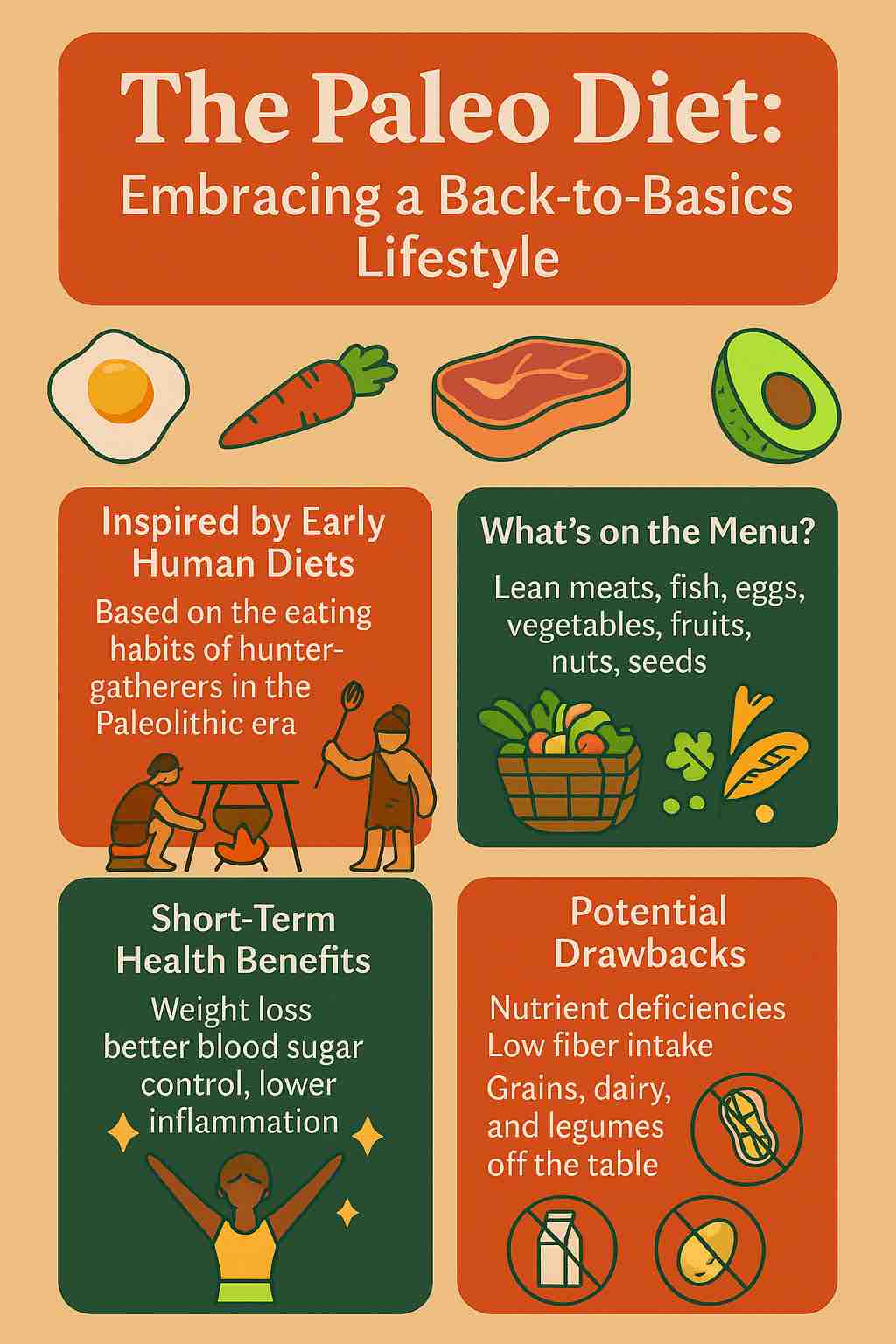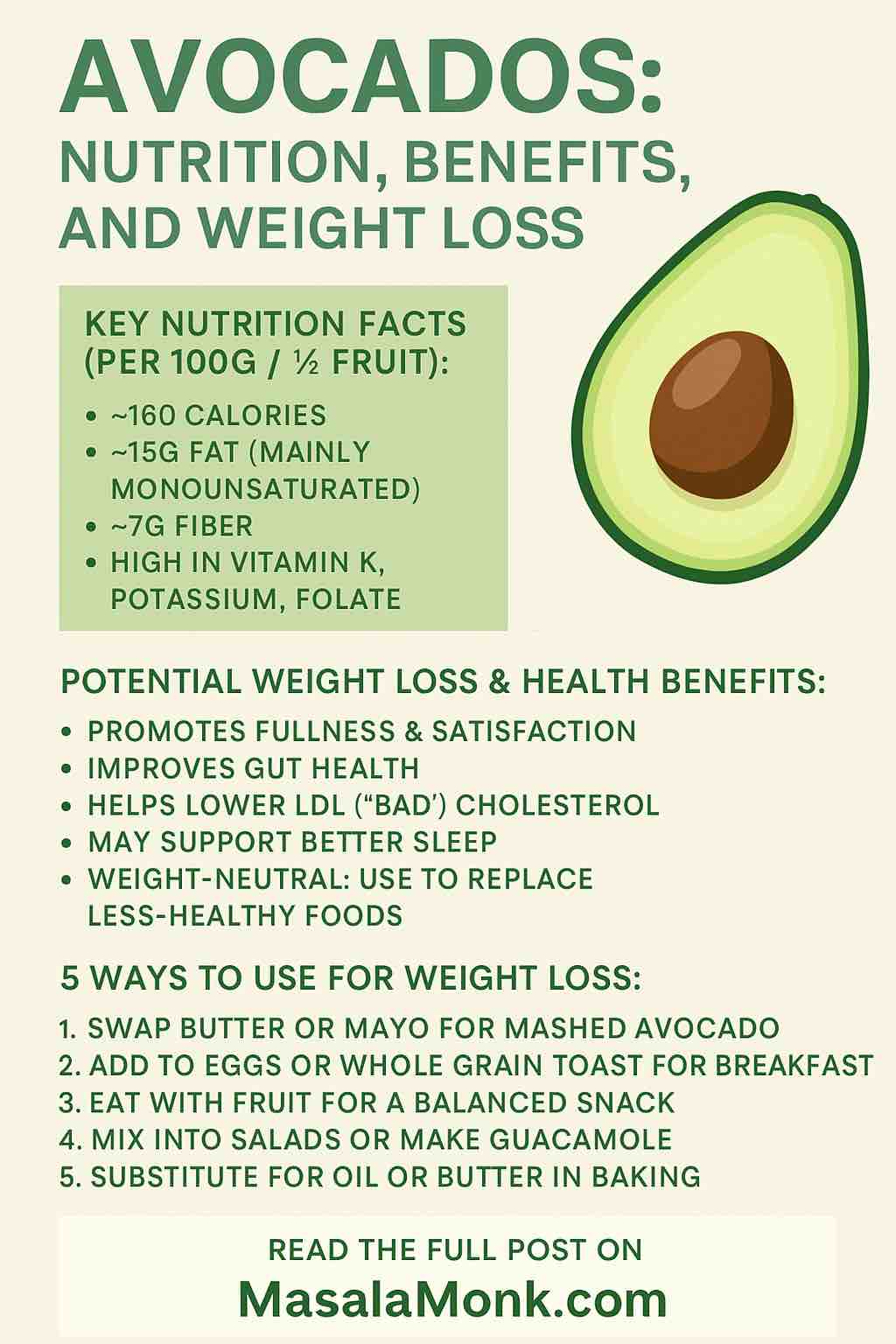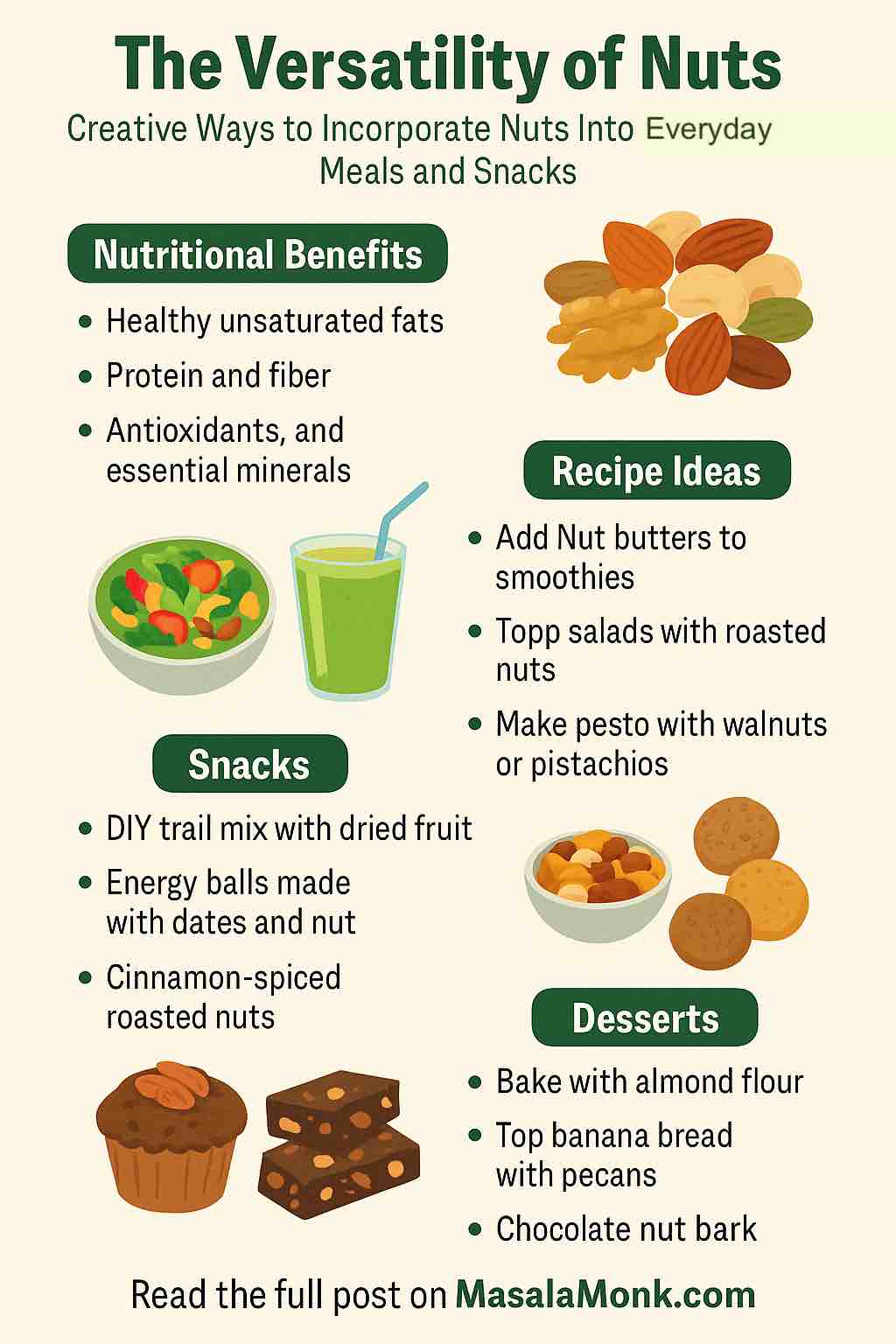
A well-crafted charcuterie board is more than just food—it’s a statement piece, a conversation starter, and a delicious way to bring people together. Whether for a cozy family gathering or a festive celebration, the art of arranging meats, cheeses, and their accompaniments is timeless and endlessly creative.
Let’s dive deep into the world of charcuterie boards—what they are, where they come from, how to make them healthy, and, most importantly, how to build a show-stopping spread at home.
What Is a Charcuterie Board?
At its core, a charcuterie board is an artful arrangement of cured meats (charcuterie), cheeses, bread, crackers, fruits, nuts, pickles, and spreads—all beautifully presented on a platter or wooden board. The word “charcuterie” is French, originally referring to shops that sold cured pork products. Today, charcuterie has expanded to encompass a much wider variety of meats, cheeses, and snacks.
Modern charcuterie boards are as diverse as their creators, often blending traditions from around the world. They’re now a mainstay at parties, wine nights, and even as a casual dinner option for families.
The History & Evolution of Charcuterie
- European Roots: The tradition of curing meats began in France and Italy centuries ago as a way to preserve food before refrigeration. Meats were salted, air-dried, and sometimes smoked, then enjoyed with bread and local cheese.
- Charcuterie Shops: In 15th-century France, “charcutiers” specialized in preparing and selling pork products—everything from pâté to sausage and rillettes.
- The Modern Board: In recent decades, charcuterie boards have evolved, especially in the US, to include a wide array of cheeses, fruits, nuts, and even sweet elements like chocolate or honeycomb.
The Anatomy of a Charcuterie Board
A truly great charcuterie board offers balance, variety, and visual appeal. Here’s what usually makes the cut:
- Cured Meats: Salami, prosciutto, coppa, soppressata, chorizo, turkey or chicken salami, pâté.
- Cheeses: Soft (brie, camembert, goat), semi-hard (manchego, gouda), hard (aged cheddar, parmesan), blue cheese.
- Bread & Crackers: Baguette slices, rustic bread, grissini (breadsticks), artisanal crackers, crostini.
- Accompaniments: Fresh/dried fruits (grapes, figs, apricots), olives, pickles, nuts (almonds, walnuts, pistachios), jams, honey, mustards, and fresh herbs for garnish.
The secret: Mix flavors and textures—salty, sweet, tangy, creamy, crunchy.
The 3-3-3-3 Rule: Your Charcuterie Blueprint
Feeling overwhelmed by all the options? Use the 3-3-3-3 rule to guarantee a well-rounded, visually stunning board:
- 3 Meats: (e.g., prosciutto, salami, chorizo)
- 3 Cheeses: (e.g., brie, aged cheddar, blue cheese)
- 3 Starches: (e.g., crackers, sliced baguette, breadsticks)
- 3 Accompaniments: (e.g., olives, fruit, nuts)
This formula makes shopping simple and ensures a good mix without overloading the board.
How to Arrange Your Charcuterie Board Like a Pro
- Start Big: Place small bowls for olives, jams, and spreads on the board first.
- Add Cheese: Arrange cheese in different corners. Vary the shape—wedge, block, crumbled.
- Meats: Fold or fan out slices of meat for volume and easy grabbing. Group different meats together.
- Starches: Add stacks of crackers and bread in gaps, fanned or leaning for height.
- Fill Gaps: Tuck in fruits, nuts, and pickles to fill empty spaces and add pops of color.
- Finishing Touches: Garnish with fresh herbs (rosemary, thyme, basil) or edible flowers.
Tip: Serve at room temperature (let the board sit out for 15-30 minutes) to bring out the best flavors and textures.
| Category | Classic Option | Veg/Vegan Option | Budget-Friendly |
|---|---|---|---|
| Meats | Prosciutto, Salami | Roasted Veggies, Hummus | Turkey slices |
| Cheeses | Brie, Cheddar | Plant-based cheese | Local fresh cheese |
| Starches | Baguette, Crackers | Seed crackers, Pita | Popcorn, Breadsticks |
| Accompaniments | Olives, Grapes, Nuts | Fruit, Pickles, Nuts | Dried fruit |

5 Things to Avoid on a Charcuterie Board
- Overly Wet Foods: Juicy fruits or olives without bowls can make crackers soggy and messy.
- Super-Pungent Cheeses or Meats: Very strong flavors (like aged blue cheese or spicy sausage) can dominate—use sparingly and keep separate.
- Pre-Sliced Cheese: It dries out fast. Use blocks or wedges and slice just before serving.
- Too Many Crackers/Breads: Stick to 2-3 types so the board isn’t overwhelming.
- Chocolate or Fish: Chocolate can clash with savory items, and seafood flavors may overpower the board.
Are Charcuterie Boards Healthy?
Charcuterie boards can be healthy—or indulgent—depending on what you include. Tips for a more nutritious board:
- Opt for lean, minimally processed meats (turkey, chicken, nitrate-free options).
- Include fresh fruits and veggies for fiber, color, and vitamins.
- Choose whole-grain crackers for more nutrients and fiber.
- Add nuts for healthy fats and crunch.
- Use cheese in moderation (watch out for high-fat, high-sodium varieties).
Remember: Processed meats, even those cured “naturally,” should be enjoyed in moderation. Pair with fresh foods and plenty of hydration.
Pro Tips & Pairing Ideas
- Balance is Key: Always have something salty, something sweet, something creamy, and something crunchy.
- Regional Pairings: Pair Italian meats with Italian cheeses and crackers; Spanish chorizo with Manchego and Marcona almonds.
- Wine Pairings: White wines pair well with softer cheeses and lighter meats; bold reds with hard cheeses and spicy cured meats.
Charcuterie Board FAQ
1. What is a charcuterie board?
A charcuterie board is a platter featuring an assortment of cured meats, cheeses, breads or crackers, fruits, nuts, pickles, and spreads, arranged artfully for sharing.
2. How do I use the 3-3-3-3 rule for charcuterie boards?
Include 3 meats, 3 cheeses, 3 starches (crackers or breads), and 3 accompaniments (such as fruit, nuts, or pickles) for a well-balanced, visually pleasing board.
3. What should I avoid putting on a charcuterie board?
Avoid overly wet foods, very pungent cheeses or meats, pre-sliced cheese, too many types of crackers, and chocolate or fish, which can clash with other flavors.
4. How far in advance can I prepare a charcuterie board?
Prep ingredients a few hours in advance, but assemble the board just before serving to keep everything fresh and prevent drying out.
5. How much should I serve per person?
As an appetizer, plan for about 2 ounces of meat and 2 ounces of cheese per person.
6. Are charcuterie boards healthy?
They can be! Choose lean meats, lots of fruits and vegetables, whole grain crackers, and limit high-fat cheeses and processed meats for a more nutritious board.
7. What’s the best way to arrange a charcuterie board?
Start with bowls for spreads and olives, place cheeses and meats next, then fill in with breads, crackers, fruits, nuts, and garnishes for color and balance.
8. Can I include vegetarian or vegan options?
Yes! Add hummus, plant-based cheeses, marinated veggies, roasted nuts, and fruit for vegetarian or vegan guests.
9. What drinks pair best with a charcuterie board?
Wine is classic (red, white, or sparkling), but craft beers, ciders, and even mocktails pair well depending on the board’s flavors.
10. How do I keep the board looking fresh?
Keep wet foods in small bowls, use herbs for garnish, and avoid overcrowding—leave a little space so each item stands out.
Conclusion: The Joy of Sharing
Charcuterie boards celebrate abundance, flavor, and togetherness. With the right mix of elements—and a few pro tips—you can create a spread that delights the eyes as much as the tastebuds. Whether you’re a purist or a creative host, the charcuterie board is your canvas.
Want more tips, recipes, or printable guides?
Visit MasalaMonk.com for in-depth how-tos, shopping lists, and inspiration!
What’s your favorite element on a charcuterie board? Share your thoughts or questions below!













